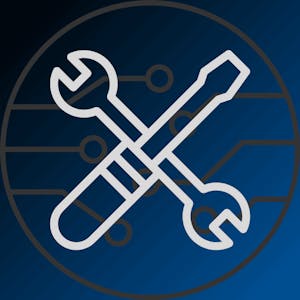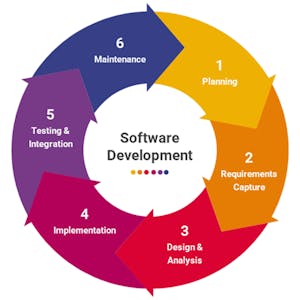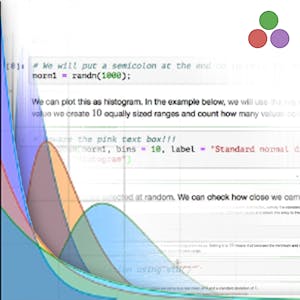Setup Python
About this Course
In this 2-hour long project-based course, you will learn how to: - Describe the purpose of virtual environments in Python development - Explain how to create and activate a virtual environment using the venv module - Install packages and dependencies into a virtual environment using pip and requirements.txt. Completing this project on setting up Python environments will provide learners with essential skills for professional Python development. Learning to properly manage dependencies is crucial for any programmer. This project stands out by using current best practices for Python packaging, avoiding deprecated approaches. Learners will benefit from gaining hands-on experience with critical tools like virtual environments, pip, and pyproject.toml. Following the opinionated recommendations in this project will equip learners with a streamlined workflow for configuring reproducible and isolated Python environments. The project uniquely focuses on real-world developer needs, not just toy examples. Learners will complete the project knowing how to dependency manage projects of any size for both dev and production. These professional techniques will enable learners to use Python for building robust applications across many domains.Created by: Duke University

Related Online Courses
Software development is not just about coding, it also involves the application of scientific knowledge and well-defined engineering techniques to produce maintainable, scalable, cost-effective and... more
The \"Construction Techniques and Practices\" specialization equips learners with essential construction knowledge and skills for industry readiness. It comprehensively covers formwork engineering,... more
In Introduction to Finance: The Role of Financial Markets, you will be introduced to the basic concepts and skills needed for financial managers to make informed decisions. With an overview of the... more
This course is the continuation of \"Introduction to Enterprise Growth and Innovation\". If you have not visited the first part yet, please check it out before starting this course. If you have... more
This course introduces you to Julia as a first programming language. Julia is a high-level, high-performance dynamic programming language developed specifically for scientific computing. This... more







